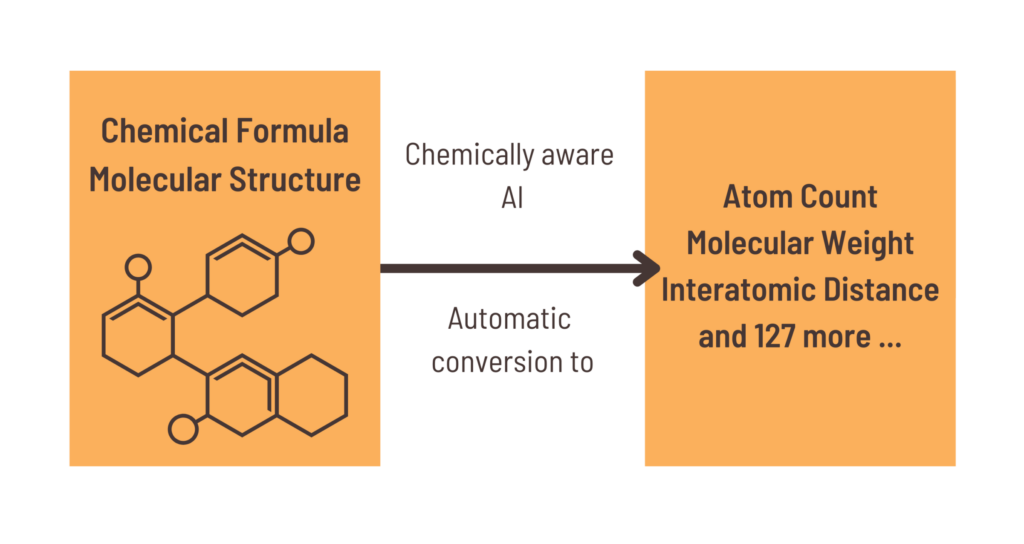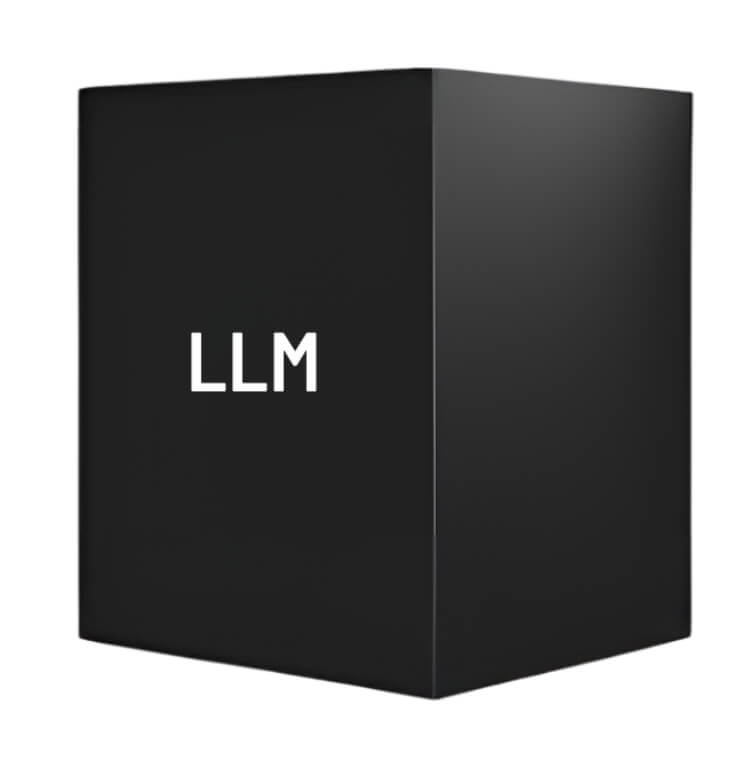ChatGPT has revolutionized AI-assisted tasks, but it’s not suited for everything—especially in materials and chemical product development. Large language models (LLMs) rely on vast public datasets, which often lack the proprietary, high-quality data required for scientific innovation.
Why LLMs fall short in scientific R&D
LLMs remix existing knowledge rather than generating genuinely novel discoveries. They also struggle with bias from incomplete public data and can’t accurately predict outcomes for cutting-edge materials. In innovation-driven fields, precision and reliability are critical—two areas where LLMs have major limitations.
A better AI approach for science
Specialized AI platforms like Citrine Informatics use chemically-aware machine learning models that work with small, high-quality datasets from lab experiments. These models integrate expert knowledge and physical modeling, significantly accelerating product development while reducing the number of required experiments by up to 80%.

The right AI for the right job
Unlike LLMs, which can’t explain their reasoning, Citrine’s machine learning platform provides clear insights into its predictions. This interpretability helps researchers refine their strategies and drive true innovation.
For companies in materials and chemical R&D, purpose-built AI solutions—like Citrine’s—offer a more effective path to breakthroughs.
